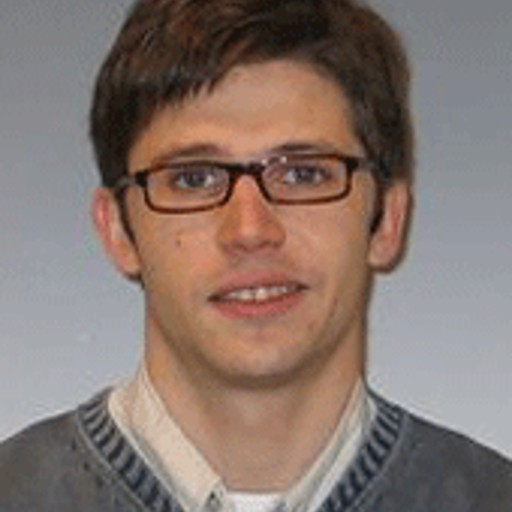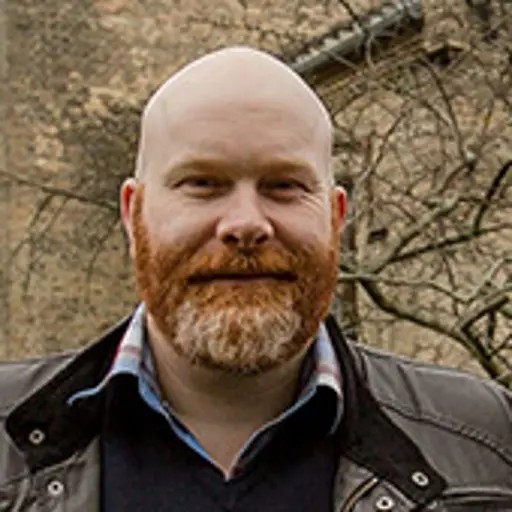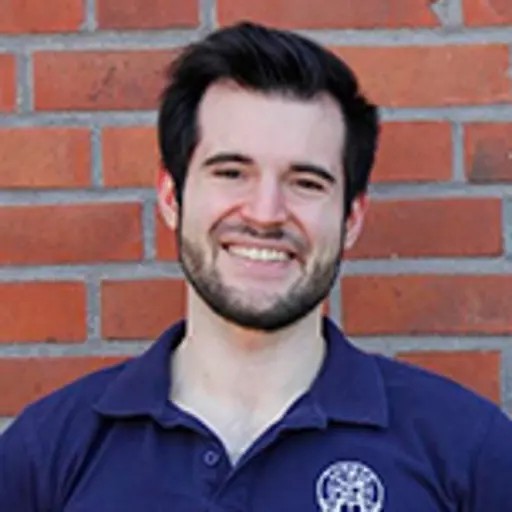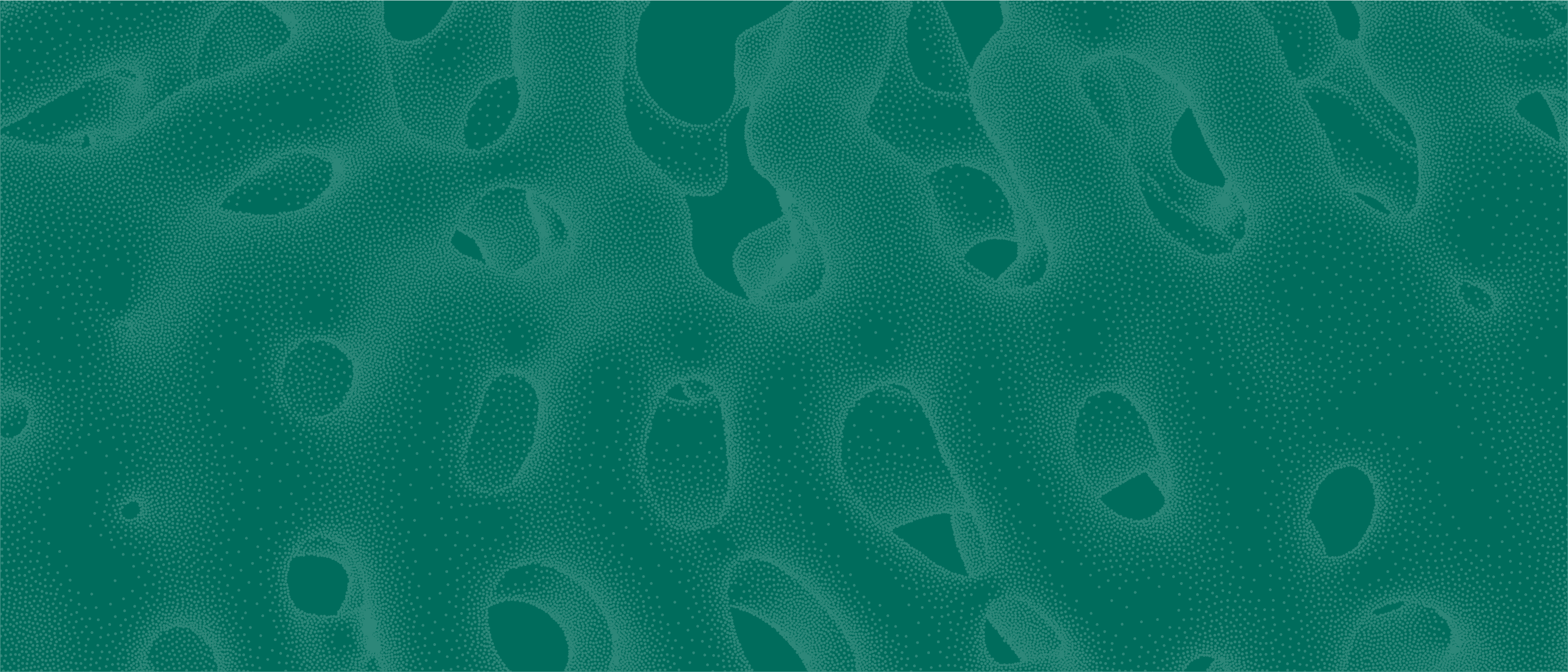This theme is about utilizing the power of AI as a tool for scientific research. AI can be applied to, and potentially speed up, discovery and utilization in a variety of research disciplines, such as microscopy, physics, biology, chemistry, and astronomy.

The theme is connecting the research community at Chalmers with the potential and interest in applying AI to their scientific data analysis activities. The key is to lower the entry barrier for more researchers to use AI technologies for analysing their data.
On the applied side, AI-enhanced analysis of scientific data has very broad applicability and is becoming an essential technology for many research and engineering activities. On the more fundamental side, the analysis of scientific data provides a fertile ground to develop new AI tools, algorithms, and frameworks, several of which have recently been developed by researchers in the Chalmers research community (e.g., new algorithms for particle localization, tracking, and characterization).
However, there are several domains of research where the use of AI remains largely in its infancy. One of the root causes lies in an often too high threshold for scientists outside the machine-learning community to apply such concepts and tools.
The CHAIR theme aims to bring together groups in basic and applied sciences who can benefit from the applications of AI to their field. This will be achieved by establishing bridges between them and the existing community at Chalmers that already exploits machine learning in their research. The ultimate goal is to lower the barrier for collaboration and to facilitate knowledge sharing between them.
Events 2023
- Convolutional Neural Networks for source finding in astronomy: the Team Forska-Sweden approach to SKA Data Challenge 2
- True plankton and artificial intelligence
- Deep Neural Network for Nuclear Magnetic Resonance Data Analysis
- Advanced Machine Learning Techniques applied to Microscopy Data Analysis
- AI for Scientific Data Analysis: Mini-conference
- AI networking between academia and industry
- Useful emulator methods to speedup complex computer simulations
- Micromechanics-based deep learning for composites
- How AI will cure the healthcare system and the patient: From medical breakthroughs to better care
Events 2024
- Introduction to G-Research, a quantitative research and technology company
- International Science Festival Gothenburg: AI in science (in Swedish) (Opens in new tab)
- AI/ML for optical network automation: use cases, solutions, and open challenges
- AI for Radioastronomy
- Student poster session, Advanced machine learning with neural networks (Opens in new tab)
- Machine learning with few data
- Multiplicative Amplification in Deep Neural Networks
- Student poster session, Simulation of complex systems
Events 2025
Theme leader
Giovanni Volpe, University of Gothenburg
Leadership team

- Head of Unit, Applied Chemistry, Chemistry and Chemical Engineering
- Senior Research Engineer, Onsala Space Observatory, Space, Earth and Environment


- Doctoral Student, Chemical Physics, Physics

- Full Professor, Condensed Matter and Materials Theory, Physics
- Senior Lecturer, Institution of physics at Gothenburg University
- Doctor, Institution of physics at Gothenburg University

- Visiting Researcher, Institution of physics at Gothenburg University
